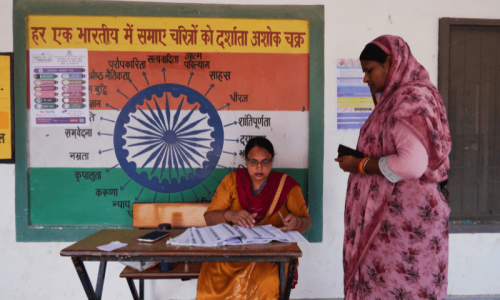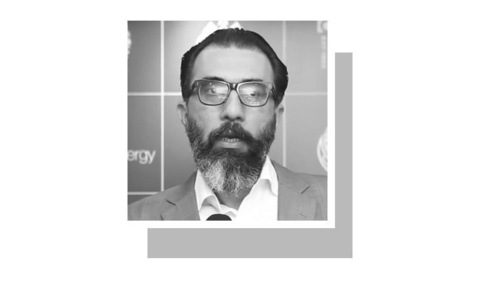
WASHINGTON: An experimental technique seems to be freeing some kidney transplant patients from having to take anti-rejection drugs.
Researchers transplanted certain cells from the kidney donor's bone marrow along with the new organ. Five of eight transplant recipients who tried the method so far were off immune-suppressing medication up to 2 years later, the researchers reported Wednesday.
The preliminary results were considered important enough to be published in the journal Science Translational Medicine even though the study still is under way, because the technique worked for patients who did not have well-matched or related donors.
The idea is that if a sort of twin immune system takes root and lasts, it can allow the patient's body to accept the foreign organ and not attack it, said study co-author Dr. Suzanne Ildstad of the University of Lousville. Scientists call it chimerism.
“The most reliable indicator of really being successful at taking someone off immune-suppressing drugs is durable chimerism,” says Ildstad, who teamed with doctors at Chicago's Northwestern Memorial Hospital for the research.
Transplant recipients usually must take multiple immune-suppressing pills for life to prevent rejection of their new organ. Those drugs cause lots of side effects, such as raising the risk of cancer and kidney damage.
Other scientists are attempting to tap bone marrow to induce immune tolerance, with varying success.
Ildstad's approach transfuses a special mix of bone marrow cells including blood-producing stem cells and another type named “facilitating cells” that are thought vital for a successful transplant. She filters out still other cells that can become too aggressive and cause a life-threatening disorder named graft-versus-host disease.
Transplant recipients had radiation and chemotherapy, not destroying their own bone marrow but tamping it down to make space for the donated cells, explained study co-author Dr. Joseph Leventhal, a Northwestern transplant surgeon. Five patients who had the dual immunity a year later were weaned off all drugs. Two others whose hybrid immunity faded are faring well using a low dose of one anti-rejection drug. One patient needed a repeat transplant after an infection and didn't get to try weaning.
Much more study is needed to find the best approach but “the results are striking,” Dr. Tatsuo Kawai of Massachusetts General Hospital wrote in an accompanying editorial. He is part of a team that in 2008 reported the only other success with a small number of mismatched transplants.










































Dear visitor, the comments section is undergoing an overhaul and will return soon.